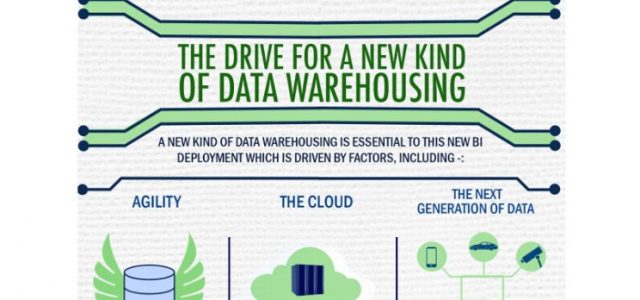The year appears to be proceeding at breakneck speed towards the third and final month of Q1, one of the first performance benchmarks of 2017. If you are a Premiership football manager and concerned about your club’s results so far, you have good reason to fear the month of March. According to the website, thesackrace.com, it is the month that has historically claimed the most managerial casualties.
But then it can also be a dodgy time for leaders in general as Julius Caesar found out having ignored the soothsayer’s warning to “Beware the Ides of March”.
Departures in the results-driven world of business can be as abrupt as any from the football dugout. Senior leaders can find themselves unexpectedly parting company with an organisation for all sorts of reasons. And, if it does happen, chances are the individual will not be as prepared as they could or indeed should be to effectively transition into their next role.
How many senior leaders, for example, know how they would fare in the market tomorrow if they found themselves looking for a new position? If the individual had been in their role for several years, it is highly likely that day-to-day pressures of leading may have left little time to evaluate their skillset much less invest in their own professional development.
A reality check may be required to assess how relevant and important a leader’s skills, knowledge and experience are in the wider picture and current climate. With Brexit on the horizon and continued economic uncertainty, the leadership challenges of the next two years will be entirely different from previous years. Digital disruption and transformation is also bringing new demands for those operating at senior levels.
Future leaders must be resilient and robust and have the ability to manage stakeholders and complex relationships with dexterity as well as build trust and be seen as authentic and genuine in their actions. For leaders whose skillsets have been acquired in the era of command and control and in industries that have hitherto escaped too much disruption, their capabilities may fall short or at least be unproven in these more testing times.
While track record will continue to be important, leadership assessment and selection methods have moved on. Computer algorithms can be used to more scientifically predict how individuals will behave and perform once in role as well as identify potential “derailer” traits in their personality that would impede performance.
Identity and style has also become all-important. Senior leaders must therefore be aware of the strength of their own personal brand and how they are perceived by others. An executive may liken himself/herself to a prestige high-performance car but, in reality, are viewed as a reliable family saloon. Self-awareness is crucial.
Successful future leaders are the ones who understand how to network and use social media to build their personal brand. Whether it is authoring thought-leading blogs or carefully curating content to share, they use the power and reach of these channels to bolster their reputation and enhance their standing.
While there’s a great deal of talk about the need to future-proof organisations, leaders also need to make sure they have a skillset that is fit-for-purpose for their next move, whenever it happens. Whether you are a military general, football manager or business executive, it pays to always be prepared in the world of leadership.
To find out more about Rialto’s executive outplacement and career coaching services, get in touch.
Download our free executive report: Stepping up to the next executive level
Article by channel:
Everything you need to know about Digital Transformation
The best articles, news and events direct to your inbox
Read more articles tagged: Featured, Leadership, Talent






